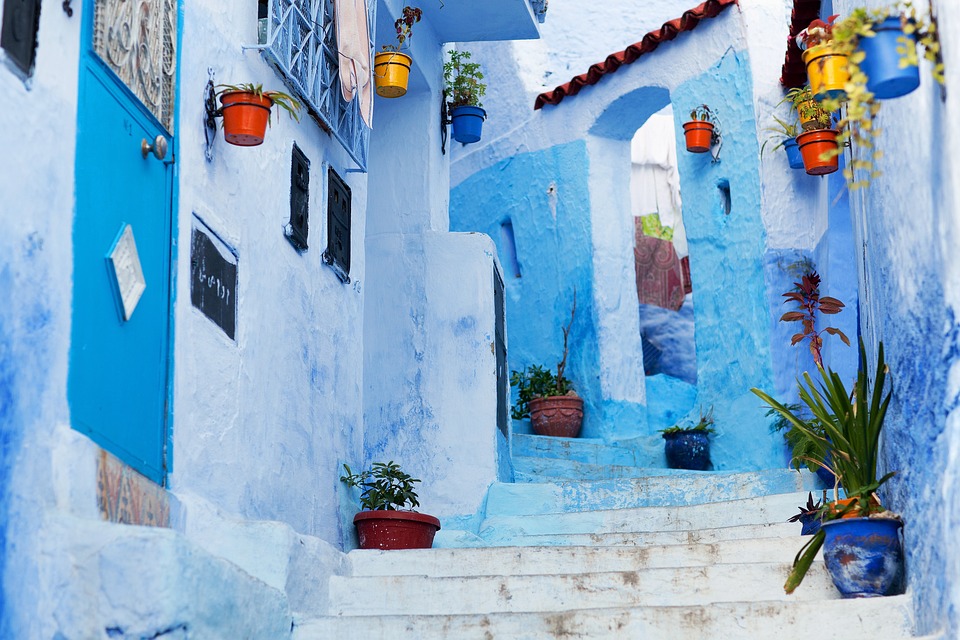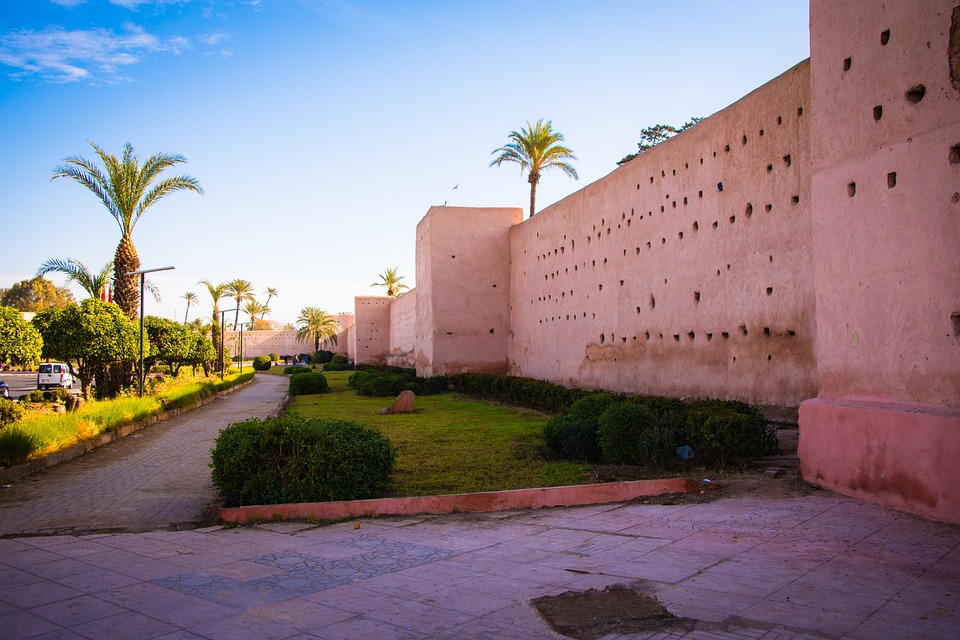Morocco is a fascinating country with a rich history, diverse culture, stunning architecture, and breathtaking landscapes. From the bustling cities of Marrakech and Casablanca to the tranquil beaches of Essaouira and Agadir, Morocco offers something
Morocco is a fascinating country with a rich history, diverse culture, stunning architecture, and breathtaking landscapes. From the bustling cities of Marrakech and Casablanca to the tranquil beaches of Essaouira and Agadir, Morocco offers something for everyone. However, planning a trip to Morocco can be overwhelming, especially if you have never been there before. In this blog, we will guide you through the essentials of planning a trip to Morocco.
1) Determine the Best Time to Visit
Morocco experiences a Mediterranean climate with hot summers and mild winters. The best time to visit Morocco is during spring (March to May) and autumn (September to November), when the weather is mild and pleasant. The summer months (June to August) can be scorching hot, especially in the desert areas, while the winter months (December to February) can be chilly, especially at night. It is also essential to consider the religious holidays in Morocco, such as Ramadan, when many restaurants and shops may be closed.
2) Choose Your Destinations
Morocco has a lot to offer, from vibrant cities to picturesque villages, from the Atlas Mountains to the Sahara Desert, and from the Atlantic Ocean to the Mediterranean Sea. Before planning your itinerary, determine what you want to see and experience in Morocco. Popular destinations include:
Marrakech: Known for its lively souks, stunning palaces, and colorful gardens.
Casablanca: A modern city with a rich history and a bustling port.
Fes: A UNESCO World Heritage Site with a well-preserved medina and ancient mosques.
Chefchaouen: A picturesque village with blue-washed buildings and stunning mountain views.
Essaouira: A laid-back coastal town with a charming old medina and sandy beaches.
Sahara Desert: A vast desert landscape with stunning sand dunes and traditional Berber villages.

3) Plan Your Accommodation
Morocco offers a range of accommodation options, from budget-friendly hostels to luxurious riads and hotels. Riads are traditional Moroccan houses with an interior courtyard or garden. They are typically located in the medina, the old town, and offer a unique cultural experience. When choosing your accommodation, consider your budget, location, and preferences. It is also a good idea to read reviews from other travellers to ensure the quality of the accommodation.
4) Transportation in Morocco
Morocco has an extensive network of transportation options, including trains, buses, and taxis. The train is a convenient and comfortable option for long-distance travel between major cities. The bus is a cheaper option but can be slower and less comfortable. Taxis are widely available and can be a good option for short distances or private tours. However, it is essential to negotiate the fare before getting into the taxi. Another popular option is renting a car and driving around Morocco, but having an international driving permit and being aware of the traffic rules is recommended.
5) Try Moroccan Cuisine
Moroccan cuisine is a blend of Mediterranean, Arabic, and Berber influences, and it is known for its aromatic spices, fresh ingredients, and unique flavours. Popular dishes include:
- Tagine (a slow-cooked stew).
- Couscous (a grain dish).
- Harira (a soup).
- Pastilla (a savory pastry).
Moroccan cuisine also offers a range of vegetarian and vegan options. It is essential to try local street food, such as grilled meats, fresh juices, and pastries, which can be found in the souks and street markets.

6) Learn the Customs and Etiquette
Morocco is a Muslim country, and it is essential to respect the local customs and etiquette. Dress modestly, especially in religious sites and public areas. Removing your shoes before entering someone’s home or a mosque is also customary. When greeting someone, use the traditional Arabic greeting, “Salam alaykum,” which means “peace be upon you.” Using your right hand when eating or handing something to someone is also polite. Finally, it is essential to respect the local culture and traditions and avoid behaviour that may be considered offensive.
If you’re looking for a hassle-free, luxurious trip to Morocco, look no further than Morocco Unlimited. Their expert team specializes in tailor-made holidays to suit your every need. Contact them today, and let them take care of everything, from your accommodation and transportation to your itinerary and experiences. Experience the best of Morocco with Morocco Unlimited!

